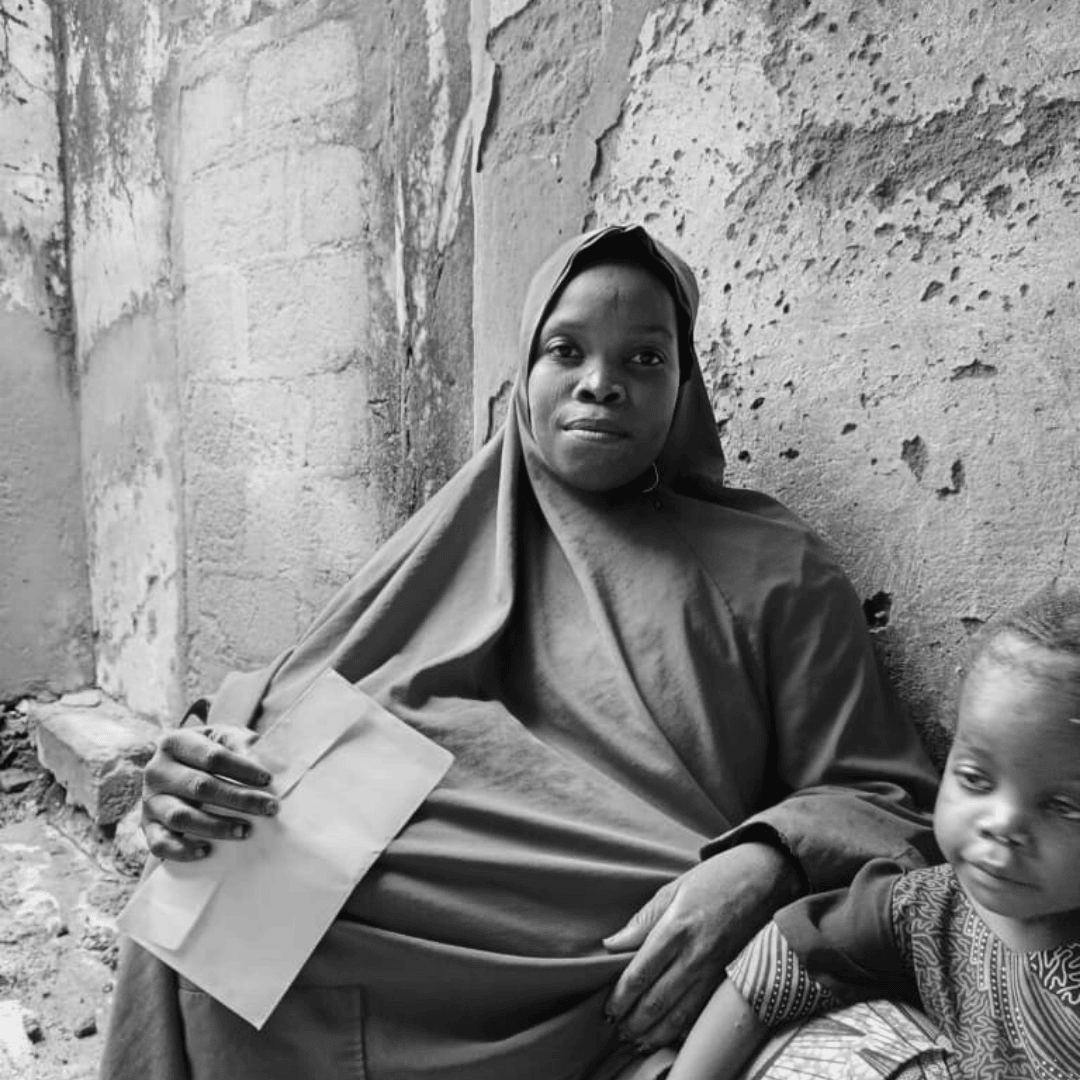About eight years ago, my life changed completely when Boko Haram attacked my hometown, Bama. They destroyed our community, burned down homes, and took many of us captive. I was one of those captured. We were forced to leave everything behind: our families, our homes, our way of life. We were taken deep into the Sambisa forest. We were under the impression that that would be the end of our lives.
During my time in Sambisa, I was forced into marriage with a member of Boko Haram. It was not something I chose or wanted, but it became my reality. Despite the fear and hardship, life in Sambisa eventually became manageable for me. I worked as a tailor and was able to meet my basic needs. I had steady work, access to food, and some form of structure. Financially, I did not struggle the way I do now. I could support myself and my children, and in a strange way, I felt more secure than I do today.
Two years ago, everything changed again. The military launched an operation in Sambisa, and many of us were rescued. We were brought back to our original communities. At first, I hoped this would be a new beginning, a chance to rebuild my life. But since returning, I have found life incredibly difficult. I have no job, no steady source of income, and I spend most of my days being idle. I feel rejected by my community because of my past association with Boko Haram. People look at me with suspicion and hatred. They see me as someone who supported the group, when in reality, I was a victim.
If I had the chance to go back to Sambisa, I honestly would. That may sound strange to others, but my life there, as hard as it was, provided me with a sense of stability, routine, and purpose that I now lack. I am not happy here. Every day feels empty, and I struggle to find joy or hope for the future.
I’m finding it hard to adjust to this new reality, and it’s affecting my overall well-being—mentally, emotionally, and physically. I miss the comfort and security I once had, even under difficult conditions. The daily struggle to survive and take care of my children now feels much harder. I feel like I’ve been abandoned and forgotten.
To me, Boko Haram helped make my life better in certain ways, even though I was still very young when they captured us. They enrolled us in an Islamic school in Sambisa, and I was able to learn a lot during my time there. It gave me something to focus on and helped me grow spiritually and intellectually. However, it wasn’t all good. I lost one of my children due to a lack of adequate food and proper healthcare. That pain stays with me, and it’s one of the deepest regrets of my life. It’s also one of the reasons I question whether coming back was the right decision.
As narrated by: Falmata Abba (Bama, Nigeria).
This snippet is published as part of a series, The Day Boko Haram Attacked.
Discover more from Chronycles
Subscribe to get the latest posts sent to your email.

Published by